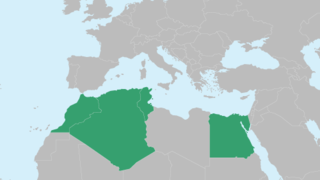Copyright: iStockPhoto / Andi Edwards
How is the project helping to reduce marine litter?
TouMaLi's intention is therefore to reduce the amount of plastic waste coming from tourists and to recycle and reuse unavoidable waste.
This will be achieved by conducting a general assessment of marine litter pollution on selected beaches. The disposal of solid waste and direct measures to reduce waste will be the basis for further action.
TouMaLi focuses on working with the different target groups such as politicians, public and private sectors, environmental authorities, tourist industry and the population in the selected regions. Only when the different responsibilities and interests are understood, effective solutions can be developed. In a next step, the legal, organizational, financial and technical solutions are analyzed by cooperating stakeholders. Further, their implementation will be enforced and their effects monitored. Like that, waste avoiding measures will be put in place, reducing the amount of beach litter by 80 percent in selected regions.
The implementing partners from Europe and North Africa - and supported by the responsible ministries and research institutes on site – jointly provide capacity building and promote awareness-raising with regular offers. Thus, after the end of the project, the local population should be able to carry out long-term monitoring to evaluate effectiveness of measures. After successful implementation of measures, hotels, municipalities and other partners can receive the Blue Flag as a sign of high quality standards regarding waste management in coastal regions. In addition, a mechanism for extended producer liability (EPR) is being set up together with administration, companies and waste managers.
The results are provided to other municipalities and regions in order to achieve a spreading impact of the project. Actions are discussed at supra-regional workshops and implementation approaches are jointly decided. Training for local actors on beach monitoring and waste management supports the process of knowledge transfer and the willingness to implement measures at different levels.
Reducing marine litter: what are the specific challenges in the countries of North Africa?

Copyright: iStockPhoto / Fourleaflover
Waste generation has increased significantly in North African countries such as Egypt, Morocco and Algeria. At the same time waste collection and treatment in Tunisia still needs to be improved. In addition to very high amounts of plastic fraction in waste, there is large seasonal pollution from the tourist industry. Tourists generate up to twice as much waste per capita per day (2.6 kg) compared to locals (0.6-1 kg). Significant amounts of this waste end up on beaches and in the ocean. The ongoing urbanization of coastal regions and the increasing numbers of tourists are factors that exacerbate these problems. Awareness not only among the population, but also in the tourist industry is low and approaches such as citizen science projects are hardly known.
